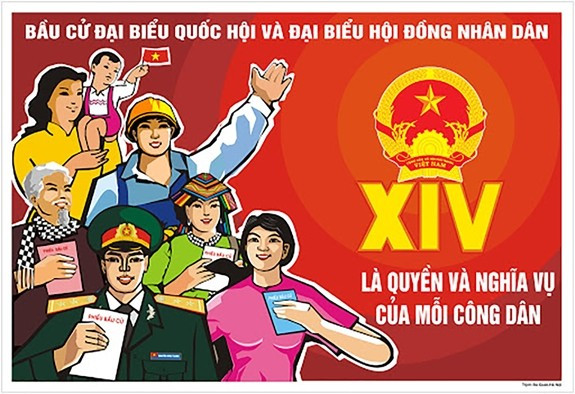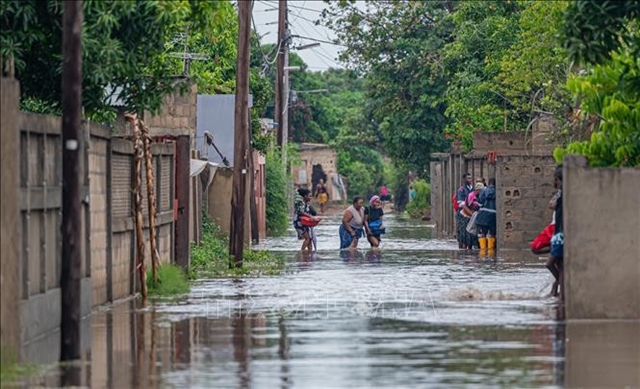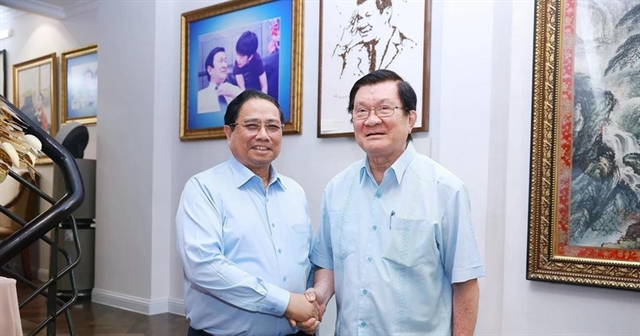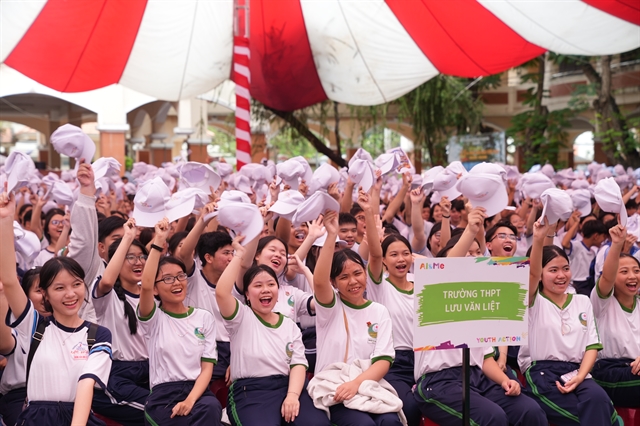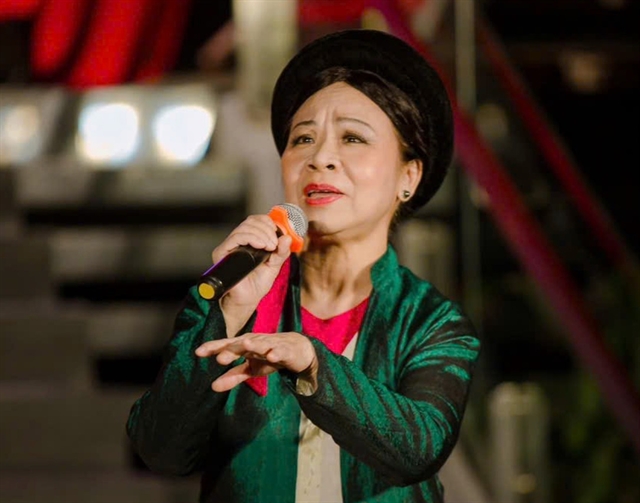 Inner Sanctum
Inner Sanctum
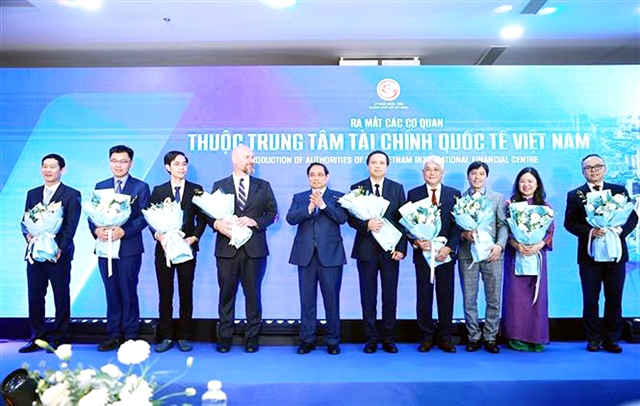
Journalist Nguyễn Thùy Linh of VTC News registered as an organ donor after several brushes with death, drawing public praise. She spoke with Lê Đình Việt about her decision.
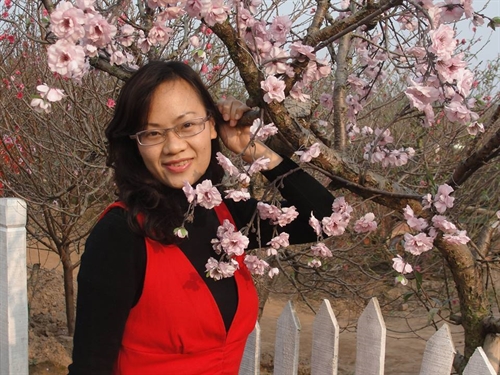 |
Journalist Nguyễn Thùy Linh of VTC News registered as an organ donor after several brushes with death, drawing public praise. She spoke with Lê Đình Việt about her decision.
Organ donation in Việt Nam is still very rare due to the Asian tradition that one should “die in one’s original body without any cuts". Nguyễn Thùy Linh’s decision has drawn the admiration and respect of the public.
Inner Sanctum: Was it difficult to make the decision to donate your organs?
I have escaped death twice and have experienced life’s ups and downs. I realise that life is a circle and that we should look out for each other.
I think I have been very lucky in my life, so donating my organs was an appropriate choice. If one day I am unlucky enough to end up brain dead, my organs could save several many other people.
When I was 15, I had a deadly encounter while helping my mother sell food at a shop. I often sat near the wall, but on that occasion, when I stood up to leave, the shop’s wall suddenly collapsed, injuring the middle-aged woman who had been sitting next to me. She suffered a serious brain injury.
If I had been unlucky that time, I would not be here to tell you about it.
On another occasion, one summer, my friend asked me to go swimming with her. Once in the water, she started drowning. I tried to rescue her, but she held onto me so tightly that I was sure we would both drown. At the time, I thought I was going to die, so I tried to picture my family for the last time. But someone rescued us.
It was a chance occurrence, but I have always believed that there is an intangible connection between people.
Inner Sanctum: Can you tell us more about what led you to this decision, which has had a far-reaching impact on the community?
As part of my job, I was assigned to cover health issues. Fate led me to this decision.
My job is to stay in close contact with hospitals and patients. Every day, I have witnessed patients, particularly children with cancer, struggling to survive from one second to the next. Seeing these children at the threshold of death, looking to me to save them, broke my heart.
I wanted to do something to help them. I tried my best to ask for help and seek donors. I was very happy when people helped me because it meant a seriously ill patient could be saved.
Sometimes, the patient would die by the time funding arrived, which was very upsetting.
Inner Sanctum: Could you tell us about the incident that most impressed you?
One of the stories that has haunted me to date is that of a student named Nguyễn Quang Khánh. He was diagnosed with cancer in his leg. He was very poor and could not buy health insurance, so my editorial office and Hà Nội Social Insurance banded together to help him get a health insurance card. Unfortunately, by the time we arrived to give him the card, his cancer had spread widely, and the doctors had to cut out the spreading tumour.
One doctor told us that Khánh’s leg would need to be amputated, and they could not guarantee that he would survive.
I was very sad and tried to spend a lot of time with him. But he died a short time later.
Khánh’s mother gave me a small purse of money, telling me she had received it from donors, but now that her son was no longer alive, she wanted me to give it to other needy patients.
Inner Sanctum: Any reactions from your parents, husband and children about your decision?
It was very difficult for me to tell them about my decision. After registering to donate my organs at the National Regulating Centre for Transplanting of Human Organs, Dr Nguyễn Hoàng Phúc, deputy director of the centre, told me to talk it over with my parents, husband and children and then return to the centre to complete the official registration.
After hearing the news over the phone, my mother said she started trembling, as she was deeply afraid of the donation process.
I had to explain it to her repeatedly. Finally, she said, “You should do it if you think it is right.” I know very well that my mother was afraid because the Vietnamese have a tradition that one should die with one’s original body (without any organs being removed), but more importantly, she loves me deeply.
After speaking with my mother, I talked to my husband about my decision.
Fortunately, my husband agreed because he has a progressive mindset and respects my decision.
My two children have inherited my sense of compassion. Each time I tell them about someone’s miserable circumstances, my children often ask me to donate their money (from their own savings) to the person in need.
But it was not easy to talk to them about my decision to donate my organs. I had to tell them stories about seriously ill patients who are desperately in need of an organ transplant. They will die if they do not receive the necessary organ transplantation. I asked my children how they would feel if I was facing a similar situation. My elder daughter turned away. To calm them, I told them about a 20-year-old man in HCM City who had died in an accident. His corneas, kidneys, liver and heart were used to save six other people.
Finally, my children agreed with my decision.
Despite this, when I brought home the donation card last June, my children were still in tears, saying they didn’t like the card and only wanted me, their mother. -VNS

